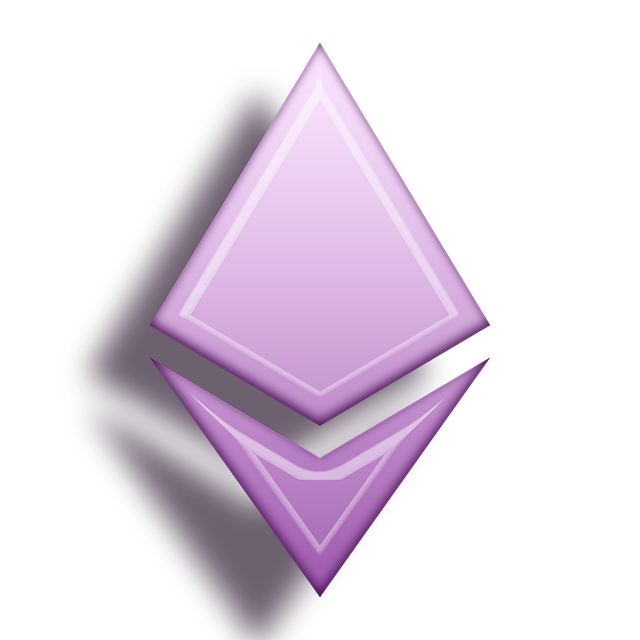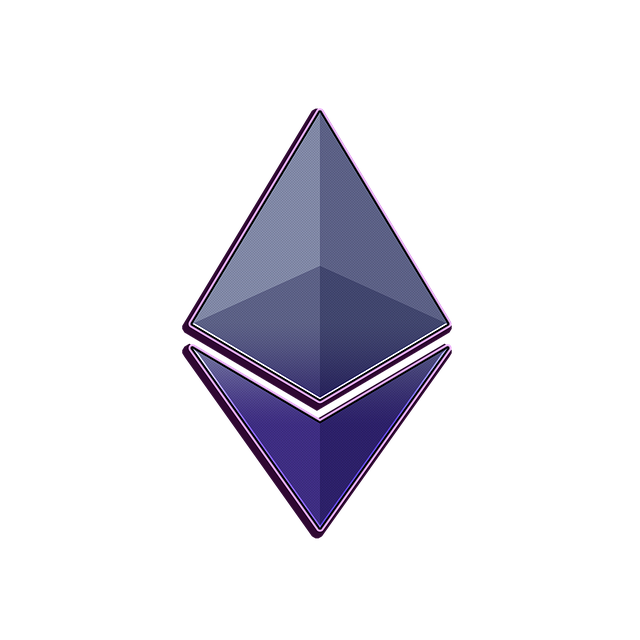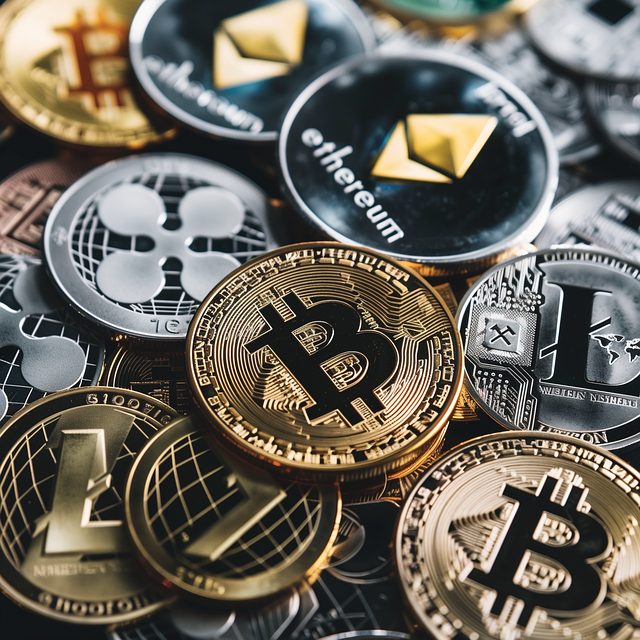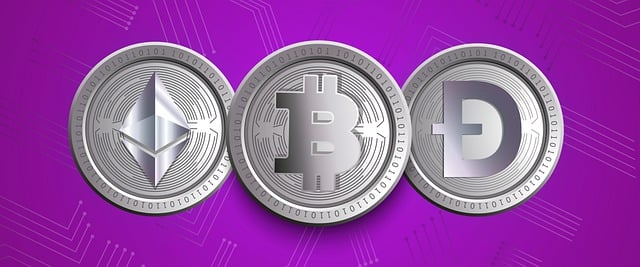Decentralized Autonomous Organizations (DAOs) powered by Ethereum's blockchain technology are transforming governance by enabling collective, transparent decision-making without central authority. Utilizing smart contracts, DAOs automate rules and incentivize global member participation. The secure and scalable Ethereum infrastructure supports democratic equality, efficient consensus, and financial autonomy, making it a premier platform for DAO development. Examples include decentralized finance (DeFi) protocols and open-source initiatives, but challenges like varying engagement and security vulnerabilities require solutions to ensure widespread adoption and revolutionize governance models within the Ethereum ecosystem and beyond.
“Explore the dynamic landscape of Decentralized Autonomous Organizations (DAOs) on Ethereum, revolutionizing governance models. This article delves into the fundamental principles behind DAOs, highlighting their unique role in blockchain technology-driven decision-making. We examine how Ethereum’s network enhances DAO functionality through smart contracts and decentralized networks.
From key features and benefits to real-world applications, discover how DAOs are reshaping industries while navigating challenges. Uncover the potential of this emerging governance paradigm in the Ethereum ecosystem.”
- Understanding Decentralized Autonomous Organizations (DAOs) on Ethereum
- The Role of Blockchain Technology in DAO Governance
- Key Features and Benefits of DAOs on Ethereum Network
- Real-World Applications and Challenges of DAO Governance
Understanding Decentralized Autonomous Organizations (DAOs) on Ethereum

Decentralized Autonomous Organizations (DAOs) are a groundbreaking concept in the world of blockchain and cryptocurrency, particularly on Ethereum. They represent an evolution in governance, aiming to create decentralized decision-making structures that operate without central authority or intermediaries. In the context of Ethereum, DAOs leverage smart contracts to automate and enforce rules, ensuring transparent and community-driven management.
These organizations offer a unique approach to collective action, where members from around the globe can participate in proposal creation, voting, and governance, often with token-based incentives. The Ethereum network’s robust infrastructure enables DAOs to thrive, providing a secure and scalable environment for these virtual communities to flourish. This innovative model promises to reshape how we understand and participate in organizational structures, giving rise to new forms of collaboration and community engagement.
The Role of Blockchain Technology in DAO Governance

Blockchain technology plays a pivotal role in shaping the governance structure of Decentralized Autonomous Organizations (DAOs) on Ethereum. At its core, blockchain provides a secure and transparent platform for DAOs to operate, ensuring that all decisions and transactions are recorded immutably on a public ledger. This ensures transparency and accountability, two fundamental pillars of DAO governance.
In the context of Ethereum, smart contracts automate and enforce rules within the DAO, further streamlining decision-making processes. These self-executing contracts facilitate consensus mechanisms like Proof of Stake (PoS), which replaces traditional voting systems. PoS allows members to participate in governance by staking their tokens, empowering them to shape the organization’s direction while minimizing manipulation risks associated with centralized voting models.
Key Features and Benefits of DAOs on Ethereum Network

Decentralized Autonomous Organizations (DAOs) are a groundbreaking concept on the Ethereum network, offering a new era of governance and community-driven decision-making. One of their key features is decentralization; decisions within a DAO are made collectively by its token holders, eliminating the need for centralized authority. This ensures transparency and security as every action is recorded on the blockchain.
DAOs provide several benefits, including democratic control, where members have equal voting power, fostering inclusivity. They enable efficient decision-making processes, as consensus can be reached rapidly through voting mechanisms. Additionally, DAOs promote financial autonomy by allowing for the creation of token economies that incentivize participation and investment. The Ethereum network acts as a robust infrastructure, enabling smart contracts to facilitate these organizations’ smooth operation, making it a preferred platform for DAO development.
Real-World Applications and Challenges of DAO Governance

Decentralized Autonomous Organizations (DAOs) on Ethereum offer a novel approach to governance, with real-world applications across various sectors. These organizations are powered by smart contracts, enabling transparent and democratic decision-making processes. DAOs can facilitate community management, fundraising, and investment in projects, all while ensuring that power remains distributed among members. For instance, Ethereum has seen the rise of DAOs managing decentralized finance (DeFi) protocols, community-driven open-source development, and even social impact initiatives.
However, challenges remain in DAO governance, particularly as these systems mature. Ensuring active and informed participation from all members can be difficult due to varying levels of engagement and expertise. Additionally, the complexity of reaching consensus on proposals within a decentralized network can lead to delays or conflicts. Security vulnerabilities and potential for manipulation also pose risks, requiring robust mechanisms for identity verification and voting integrity. Addressing these challenges is crucial for the widespread adoption of DAOs and their potential to revolutionize governance models in the Ethereum ecosystem and beyond.
Decentralized Autonomous Organizations (DAOs) powered by Ethereum’s blockchain technology are transforming governance models. Their key features, such as transparency, immutability, and community-driven decision-making, offer numerous benefits for collective actions. Real-world applications span diverse sectors, showcasing the potential of DAOs to revolutionize organizational structures. However, challenges like regulatory uncertainty and security concerns require careful consideration. As Ethereum continues to evolve, DAOs are poised to play a pivotal role in shaping the future of decentralized governance.



